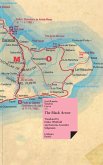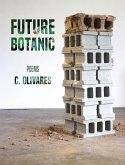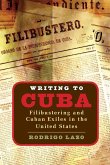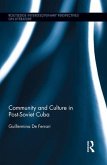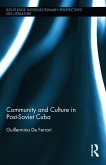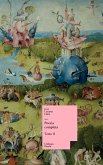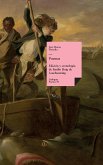In "The Black Arrow," José Ramón Sánchez ventures into territory that few Cuban writers have approached: the naval base at Guantánamo Bay, leased from Cuba by the United States since 1903, under the coercive terms of the Platt Amendment, and used since 2002 to hold detainees in the so-called "war on terror." A long-time resident of the Cuban city of Guantánamo, less than twenty miles from the base, Sánchez reflects on the history and continued presence in his country of the U.S. military, the detention camps and the land-mined fence line that separates the base from Cuba. His poetry draws on a haphazard and multivocal archive: memories of a childhood in which light, sound and broadcast signals from the base reached into the surrounding areas; printed histories and maps; official records pertaining to the base's creation and development; oral reports from residents of Guantánamo province, some of whom were former workers at the base; leaked documents pertaining to detention operations; and detainee poetry. What emerges from Sánchez's writing is an ambitious attempt to reckon with the impact of the base on Cuba, economically and ideologically; and to imagine and empathize with the lives of detainees on the other side of the fence line.
Hinweis: Dieser Artikel kann nur an eine deutsche Lieferadresse ausgeliefert werden.
Hinweis: Dieser Artikel kann nur an eine deutsche Lieferadresse ausgeliefert werden.


